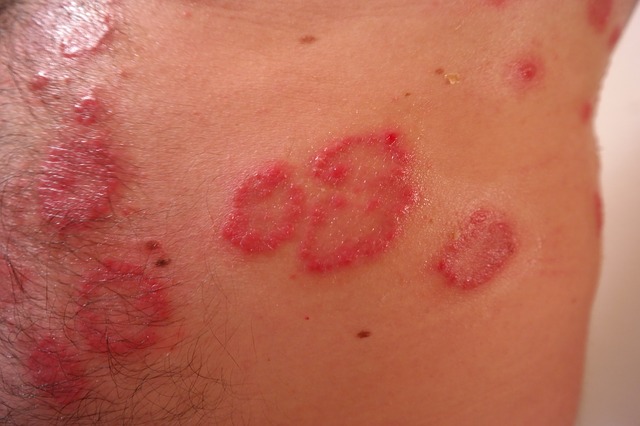In 1979, researchers accidentally found that the drug – ciclosporin – which suppresses the immune system in patients who have had a bone marrow transplant, also removes psoriasis. Since then, psoriasis has been widely accepted as a disease involving the immune system. The study of the immune system is called immunology. Can psoriasis cause low white blood cell count?
How does the immune system affect psoriasis?
The normal immune system protects the body against “invaders” by destroying bacteria, viruses and other foreign proteins. In a person with psoriasis, the immune system ‘lights up’ and improperly causes inflammation and accelerated skin cell growth.
Skin cells reproduce too quickly and the skin (and joints in some people) becomes inflamed. Many steps in this abnormal immune response are directed to specific treatments such as systemic and biological drugs. One of the goals of treatment is to block or modify the response by focusing on very specific immune cells, thus avoiding a wide impact on the rest of the body.

Factors that can trigger psoriasis include:
- Infections such as streptococcal throat or skin infections
- Skin injuries such as cutting or scratching, bite bites or severe sunburn
- Tension
- Cold weather
- Smoking
- Consuming large alcohol
- Some medicines – including lithium, which is prescribed for bipolar disorder; hypertension medications such as beta blockers; anti-malarial drugs; and iodides.
Psoriasis complications
Psoriasis appears on the skin and nails – but imbalances in the immune system cause the disease and can also damage other parts of the body.
- Arthritis. Up to 25% of patients with psoriasis develop arthritis. In some cases, arthritis may precede skin involvement. There is a strong link between nail psoriasis and arthritis, and some arthritis patients have nail disease without dermatitis.
- Cardiovascular disease. Studies have shown a link between psoriasis and heart attacks. The risk of cardiovascular complications is highest in patients with severe psoriasis that developed at a relatively early age.
- Psychosocial Disorders. Like other chronic diseases, psoriasis can cause emotional stress and disrupt social interactions and performance.
- Other conditions. Patients with psoriasis have an increased risk of diabetes, high blood pressure, Crohn’s disease and metabolic syndrome, a dangerous constellation of risk factors including blood pressure, insulin resistance, obesity and abnormal blood lipids.












